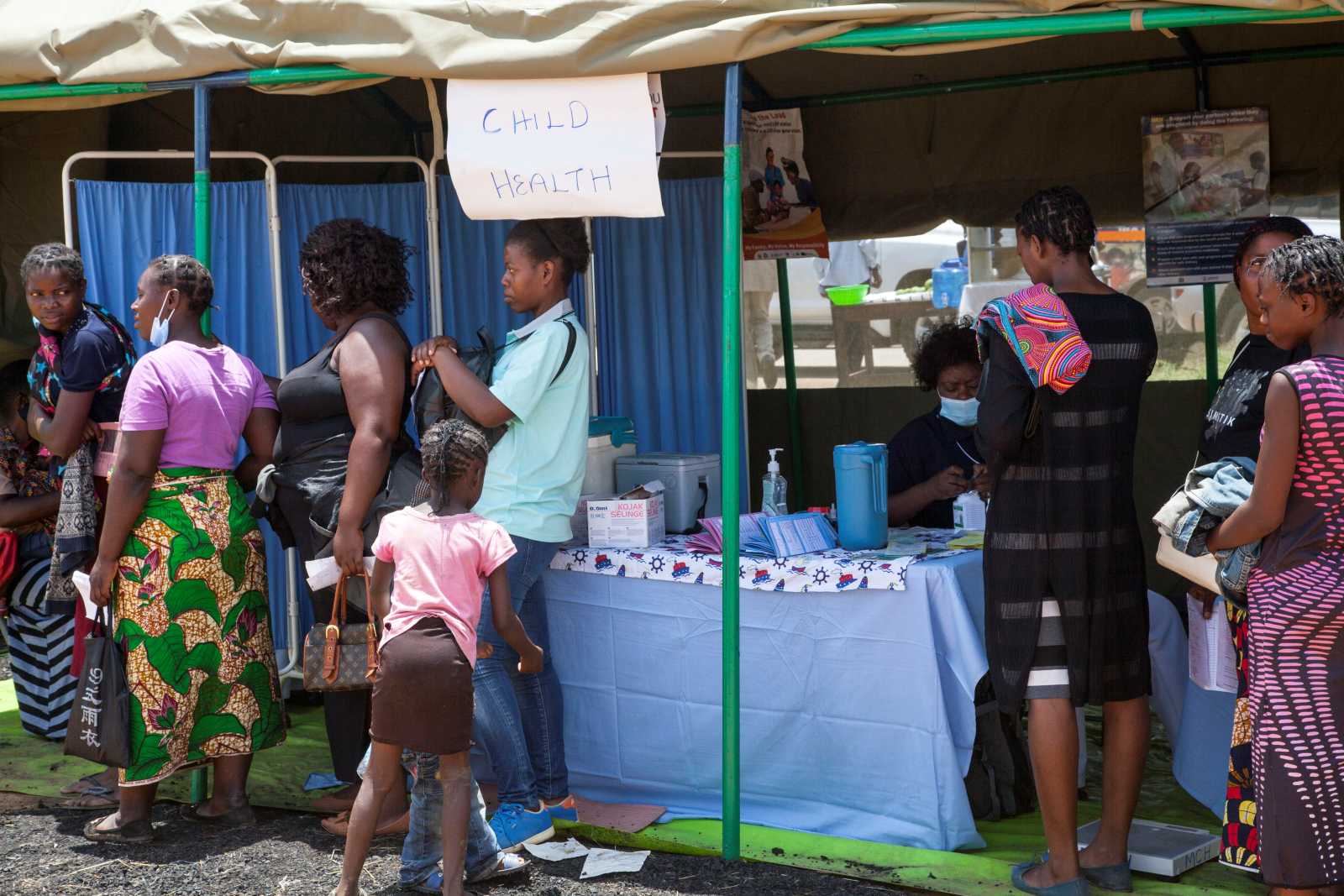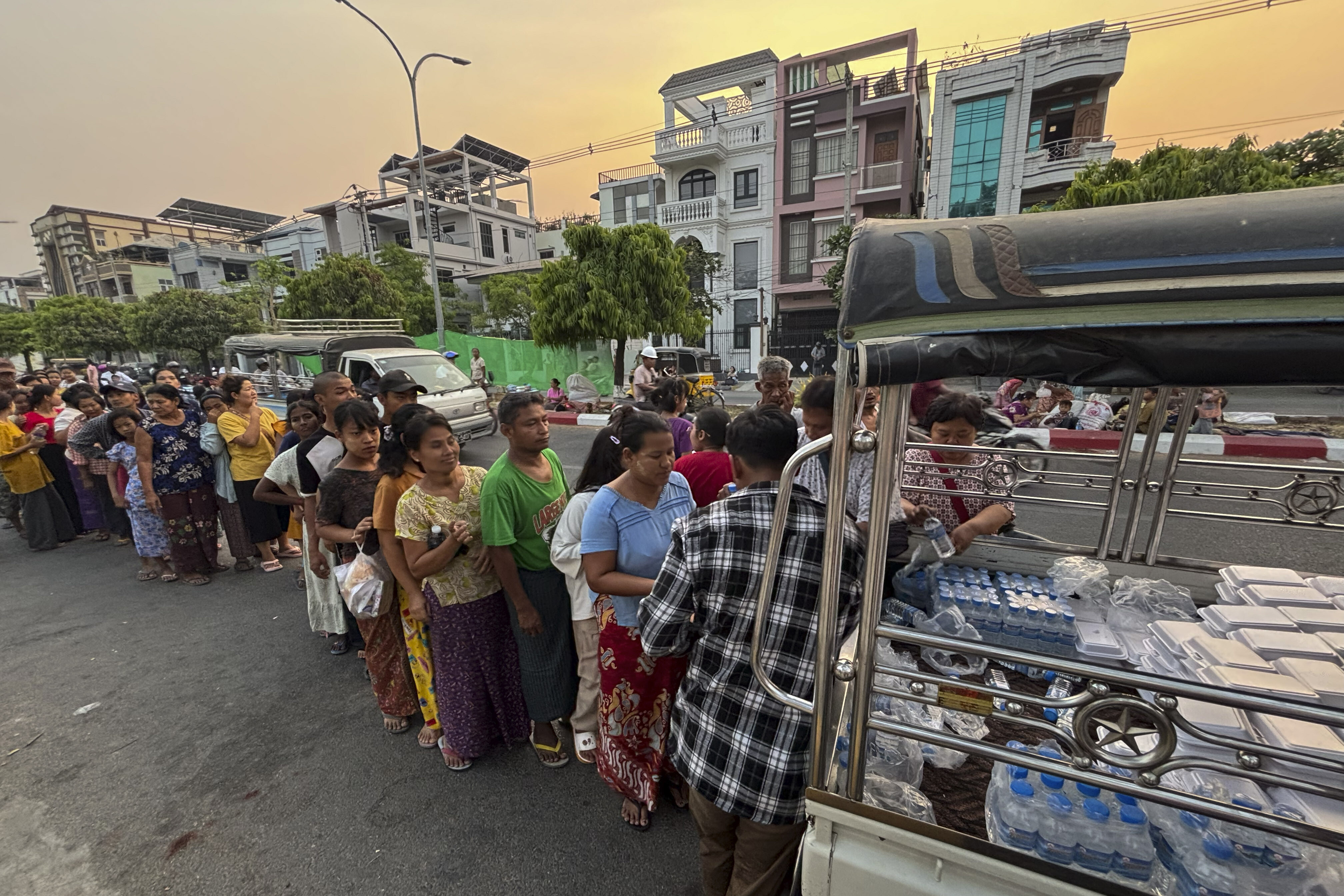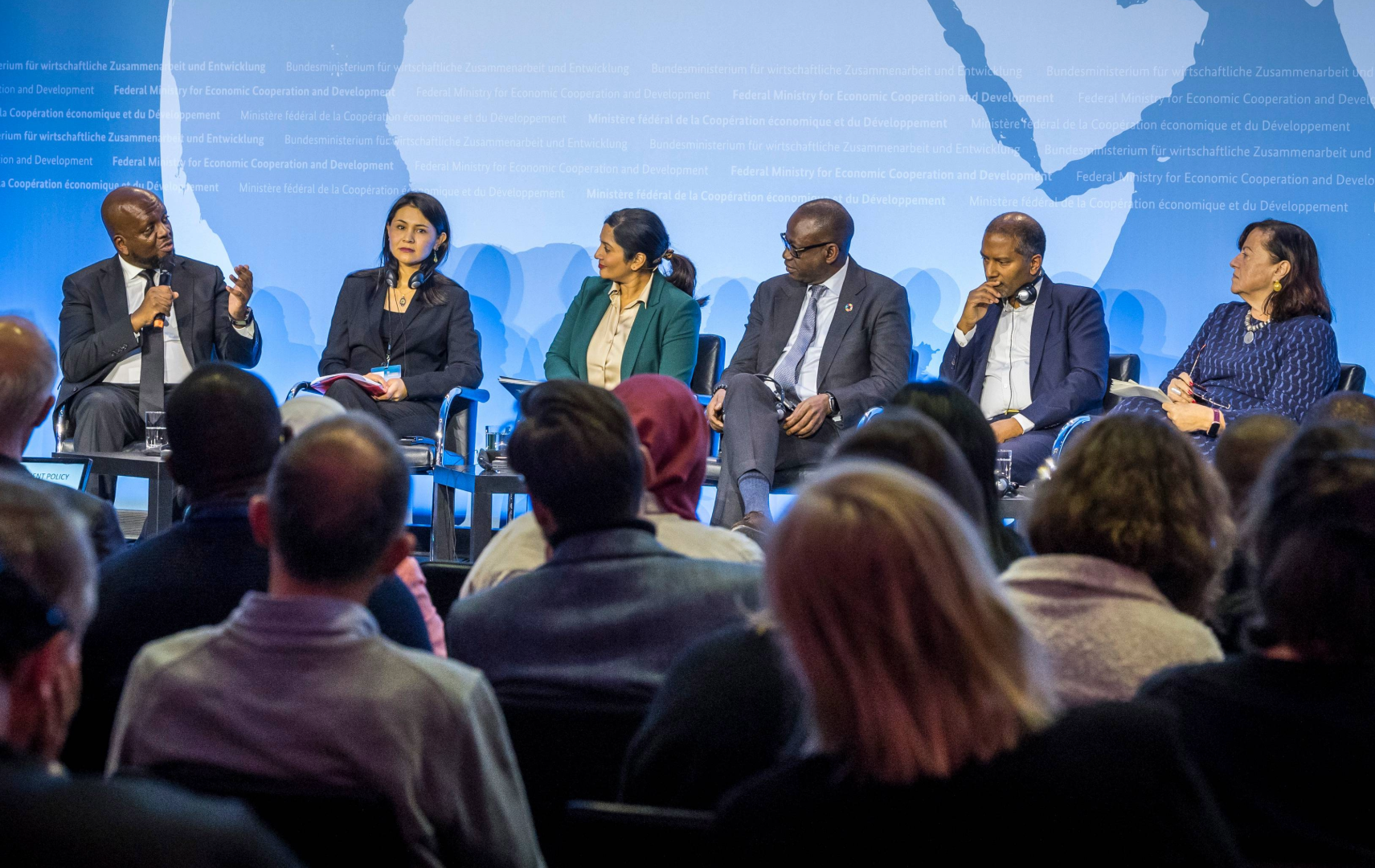Interview with Ulla Tørnæs, Danish minister for…
“Very complex landscape”
Today, ownership of the target countries is a widely accepted principle of development cooperation. However, even countries with comparatively good governance often lack the administrative capacity to take true leadership. Do the Paris Declaration indicators suffice to show that ownership is truly being achieved?
We all know that ownership is critical if we want to change things. Forced changes have not worked very well in developing countries as it has not worked very well in our own countries. And, if I may add, forced changes do not work very well either at an individual level. Ownership, however, is not something that can be measured in a single dimension. The Paris Declaration indicator for ownership is that partner countries should have an operational development strategy. That is nothing more than a proxy. A strategy is surely needed, but of even greater importance is the will and the capacity to implement it. The point of departure should be that our partner countries set the agenda and demonstrate a commitment to change. Only activities and reforms that arise from the partners own wishes will be effectively implemented.
Some say that recipient governments are increasingly feeling responsible towards donors’ working groups rather than their own parliaments. After all, donor committees are particularly important for their revenues.
I am not sure I share the view that recipient governments are increasingly feeling responsible towards donors at the expense of their domestic constituencies. The reality is that over the last 15 years many developing countries have become democracies. Elections are becoming more and more important. That is a healthy sign and also a sign that parliamentarians are becoming more important. Generally, governments cannot get away with the same things they could years back, and that is not because they are held accountable to us donors but because their national constituents are holding them accountable.
What can – and should – donors do to stem the mushrooming of new, rather bureaucratic donor committees in developing countries?
I agree that the donors will have to look at how they organise themselves. I think the mushrooming – as you put it – of new donor committees is a necessary step towards better coordination and a better division of labour between donors. Donors simply cannot continue the fragmented way we used to operate in the past. Moving from that business model to a new more coordinated one, however, requires a trust building exercise which has proven to be more difficult than one would imagine. The step should in my mind not take too long, though. The end goal should be a much improved division of labour between all donors combined with the establishment of lead-donor models. That would force donors to have one agency in the lead for each sector and the others in the background.
Of course, donors cannot fund foreign countries’ budgets unconditionally. However, any kind of conditionality limits the room for manoeuvre – and thus the ownership – of the recipient government. What conditionalities do you consider indispensable – and which ones destructive?
That is a difficult question which is heavily debated and contested. In my opinion we should not be afraid of setting conditions as long as they are in line with our partners’ own objectives and goals as expressed in national plans and strategies. It is only natural that we ask our partners to implement what they have said they intend to implement. Partnerships build on credibility in both ways and as long as there is full and genuine understanding of the conditions I see no harm. That type of conditions I would actually call incentives. We make a sort of compact with our partner. Too often, however, we as donors have defined our own conditionalities that are not in line with anything but our own domestic ideas. That has often led to grievance for both donors and partners. We should limit our conditions to those that the partner government is realistically able to control and implement.
Official donors have been speaking about harmonisation for several years now. Nonetheless, the world of development finance is becoming ever more complex. Every effort at harmonisation seems to be matched by the creation of a new financing mechanism. How can donors ensure that the Paris Declaration is implemented not only at the target country level, but also in donor capitals?
The development business landscape is indeed very complex. First and foremost if the UN can become a more structured and less fragmented development actor we have already come a long way. Second, in consonance with the Paris Declaration, a process is underway which should give guidance to all the global programmes and funds – or vertical structures as they are sometimes called – on how they could follow the country lead approach much more than what is the case today. Third, we should not be afraid of closing institutions and structures that are no more needed. For example, Denmark has taken the initiative to close the Nordic Development Fund. Finally, I honestly think we need to think twice before we agree to match a new global problem with a new global facility. That is far from always the best solution.
Important countries have newly emerged as official donors – China in particular. Do you share the concern that they might undermine progress in debt reduction and debt sustainability?
I am very interested in China as a player also in relation to development assistance. I see it from two sides. On the one hand, every effort towards meeting the MDGs, the Millennium Development Goals, should be welcome. Africa is lagging behind so additional funding from China is very welcome. On the other hand, China has so far not participated fully in the more established donor collaboration structures, including debt relief initiatives and the related debt sustainability assessments and instruments. I am confident, however, that the Chinese are well aware of the fact that they should not be seen as the country pushing vulnerable economies into further debt stress.
Do you think these new donors can be engaged more strongly in coordination and harmonisation efforts at the country level?
I would warmly welcome any donor into the existing coordination and harmonisation efforts at country level. I imagine they would be able to contribute to an improved division of labour between donors and also imagine that they would bring valuable experiences.
To what extent does it matter whether new donors share the conceptual ideas – good governance and macroeconomic stability, for instance – that the conventional donors stress?
It obviously matters. But although I believe we would not share the understanding of good governance with China, I still believe it would be better to have them as an integral part of the coordination structures at country level. Not just because it would make it easier for our partners if all donors worked together but also because working together more closely would assist us in understanding one another better. As it is today we know very little of how some of the newer donors are operating and I also believe they know relatively little about how we pursue development assistance. So there is a lot to be gained from working together more closely.
Richard Manning, the chairman of the OECD’s Development Assistance Committee (DAC), has said that established donors are not stepping up ODA fast enough to meet their pledges. How do you assess this situation?
I share the concerns of the DAC Chair. On the face of it donors have collectively more or less met the promises. The EU, as you will now, in 2006 surpassed the collective commitment of providing 0.39 % of gross national income. That is really positive. The challenge, however, as debt relief in the coming years will become a less important factor in development assistance, is to maintain the high level of ODA and even increase it further. In addition, there are a few countries that really need to gear up substantially. I strongly encourage all those countries to meet the promises as not meeting them will seriously undermine the credibility of the donor countries.
Denmark is on the safe side, as you are spending 0.8 % of GDP on ODA. However, that share used to be even higher. Does that mean that you doubt the effectiveness of ODA?
We intend to maintain our high level of development assistance which is well above both the UN and the EU target of 0.7 %. We encourage all other donors to reach the same level in accordance with agreed timelines. We do not question whether development assistance works or not – we know it works if used in the right way. We also know, that there is an efficiency gain to be tapped if we as donors can get ourselves better organised and start adhering to the effectiveness principles as defined in the Paris Declaration. That way additional resources will be made available and thereby hopefully allowing all countries to meet the Millennium Development Goals by 2015.
Hans Dembowski conducted the interview.














